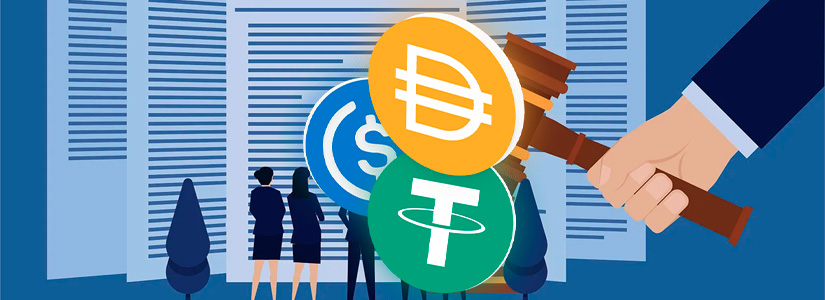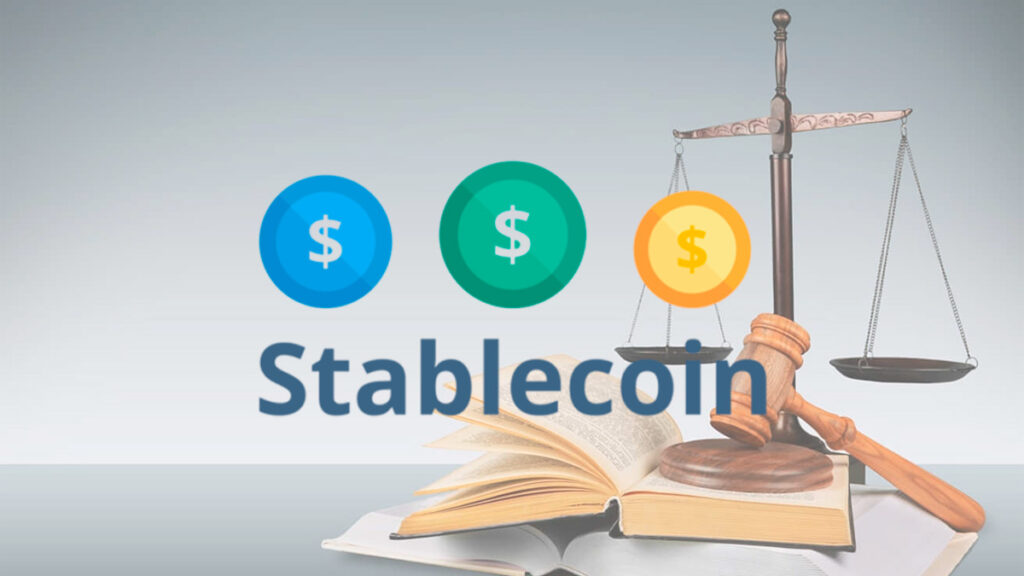TL;DR
- Impending Legislation: The U.S. Congress is close to passing a stablecoin bill, led by Representative Maxine Waters, to provide a legal framework for stablecoins, which are cryptocurrencies tied to traditional currencies.
- Controversial Measures: The bill, which could be enacted before the elections, requires stablecoin issuers to maintain sufficient reserves and bans algorithmic stablecoins without such reserves, raising concerns about innovation suppression and centralized control.
- Bipartisan Support: Despite the controversy, the bill has bipartisan backing and involves major U.S. financial authorities. It’s tied to a critical Federal Aviation Administration reauthorization, potentially speeding up its passage, and aims to balance investor protection with cryptocurrency integration into the financial system.
The United States Congress is on the verge of enforcing cryptocurrency regulations with a stablecoin bill that could be enacted shortly. This legislative move, spearheaded by U.S. House Representative Maxine Waters, aims to establish a legal framework for stablecoins, a type of cryptocurrency pegged to traditional currencies like the dollar.
The bill’s progress is significant, considering the skepticism it faced at the beginning of the year, with many deeming it a longshot. However, recent developments suggest that the bill could be ready before the upcoming elections, marking a pivotal moment for the crypto industry.
Stablecoins have been a controversial issue over the potential to alter the traditional banking sector. To mitigate these fears, the proposed bill requires every stablecoin issuer to keep enough reserve assets behind it while banning algorithmic stablecoins that don’t have these reserves.
While the bill promises enhanced investor protection and market stability, it also raises concerns about stifling innovation. Critics argue that the ban on algorithmic stablecoins could hinder the development of more efficient mechanisms for price stability. Moreover, the concentration of regulatory power in federal and state authorities might impede the growth of the decentralized crypto sector.
The Bipartisan Witch Hunt to Regulate Stablecoin

However, those in favor of the bill stress the importance of stringent surveillance, so that markets are not manipulated and consumers are safeguarded. The bill is clearly of great importance, as illustrated by the participation of the U.S. Federal Reserve, the Treasury Department, and the White House in its preparation as one team working together towards enforcing regulations on stablecoins.
As the bill moves closer to a vote, it’s tied to a must-pass Federal Aviation Administration reauthorization, which could expedite its passage. The collaboration between Waters and House Financial Services Committee Chairman Patrick McHenry reflects a bipartisan effort to navigate the complex landscape of cryptocurrency regulation.
In conclusion, the stablecoin bill represents a cautious yet necessary step toward integrating cryptocurrencies into the U.S. financial system. While it aims to safeguard investors and the economy, the bill’s impact on innovation and the future of decentralized finance remains a hotly debated topic.
As Congress deliberates, the crypto community watches with bated breath, hoping for a balanced approach that fosters both security and innovation.










